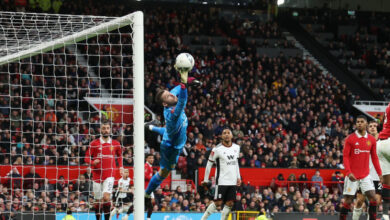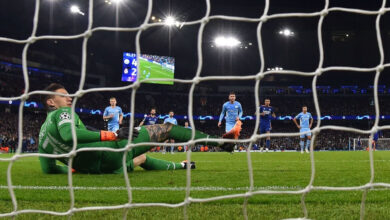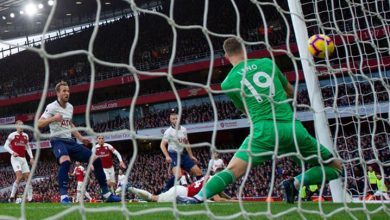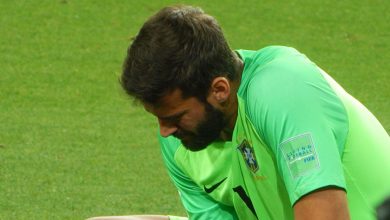The Importance of Communication

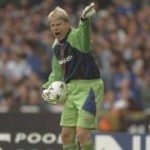 Throughout my playing career, one thing I’ve learnt is that communication is vital in football, not just for us goalkeepers but for every footballer. However, in my opinion it is even more important for goalkeepers to be able to communicate confidently and effectively with our team mates.
Throughout my playing career, one thing I’ve learnt is that communication is vital in football, not just for us goalkeepers but for every footballer. However, in my opinion it is even more important for goalkeepers to be able to communicate confidently and effectively with our team mates.
After all, the goalkeeper has the best view of all the positions on the pitch and is responsible for organising his/her players in front of them.
As a keeper I feel it is very important to be confident, not only in communicating but in every aspect of goalkeeping. If you are confident , then you will no doubt be able to communicate with your players in a more effective way. As well as giving instructions to players, you should also offer encouragement, as all good players should do.
When communicating with your players, you must give loud, clear, concise and understandable instructions. It is no good if players dont understand what your saying to them, so use language and terminology that they will understand. For example, I’m forever shouting squeeze (squeeze meaning for my players to push out and press the ball) at my defenders during game, until I’m purple sometimes! Your players have to know what squeeze is if you’re going to use it. This can be sorted either in the changing rooms, or better still, on the training ground. Be loud, as again, it is no good if players cant hear you. The louder you are, the more confidence your team mates will have in you!
Tone is also important, you need to get across exactly what situation your players in, especially if they have the ball and they’re facing you with their back to play. In these situations you are their eyes. They will be relying on you to paint a picture of what’s behind them, all in just a few words. You have to remember they will not only be listening to your words/commands, but also how you’re saying them. For example, if you’re shouting very loudly and in a rushed manner, they may panic and think they have less time on the ball than they actually have.
Communication is very important on the pitch, but also off it as well. You have to discuss with your players/coaches if you are to have players on posts, man marking at corners etc, and this should be sorted out before the game, again either in the changing rooms or the training ground. Not only is this important defending but also when going forward and attacking. Who’s the outlet when you have the ball? Who’s providing the width? These are all aspects of communication that should be organised prior to a game and not during. Obviously things change during games such as substitutions and tactics and you should be able to adapt accordingly through your communication skills.
I believe that communication and experience go hand in hand and so therefore it’s harder for younger goalkeepers and slightly easier for older and more experienced keepers. It’s about getting the right balance in younger goalkeepers, as you dont want to overload them with the responsibility of how to communicate with defenders/players in the learning stage of their progression curve. They will have to start at some point however and can be helped by coaches on the training ground in scenarios, but some of it must come naturally through instinct and experience.
On a closing note, I’d just like to re-ierate the importance of communication for us goalkeepers and it really does go hand in hand with how confident you are. Confidence in yourself breeds good communication, and good communication breeds confidence in the players in front of you.


